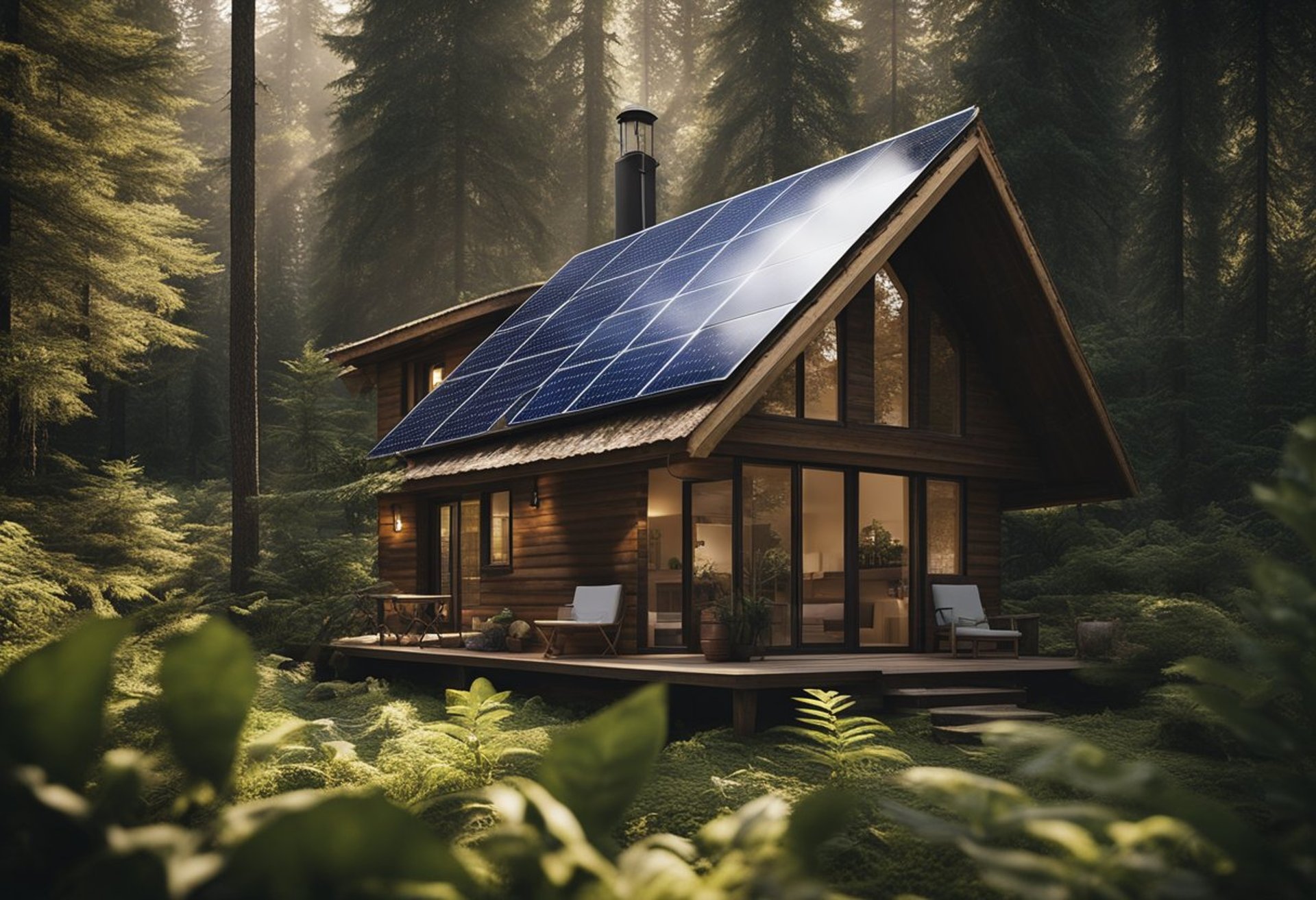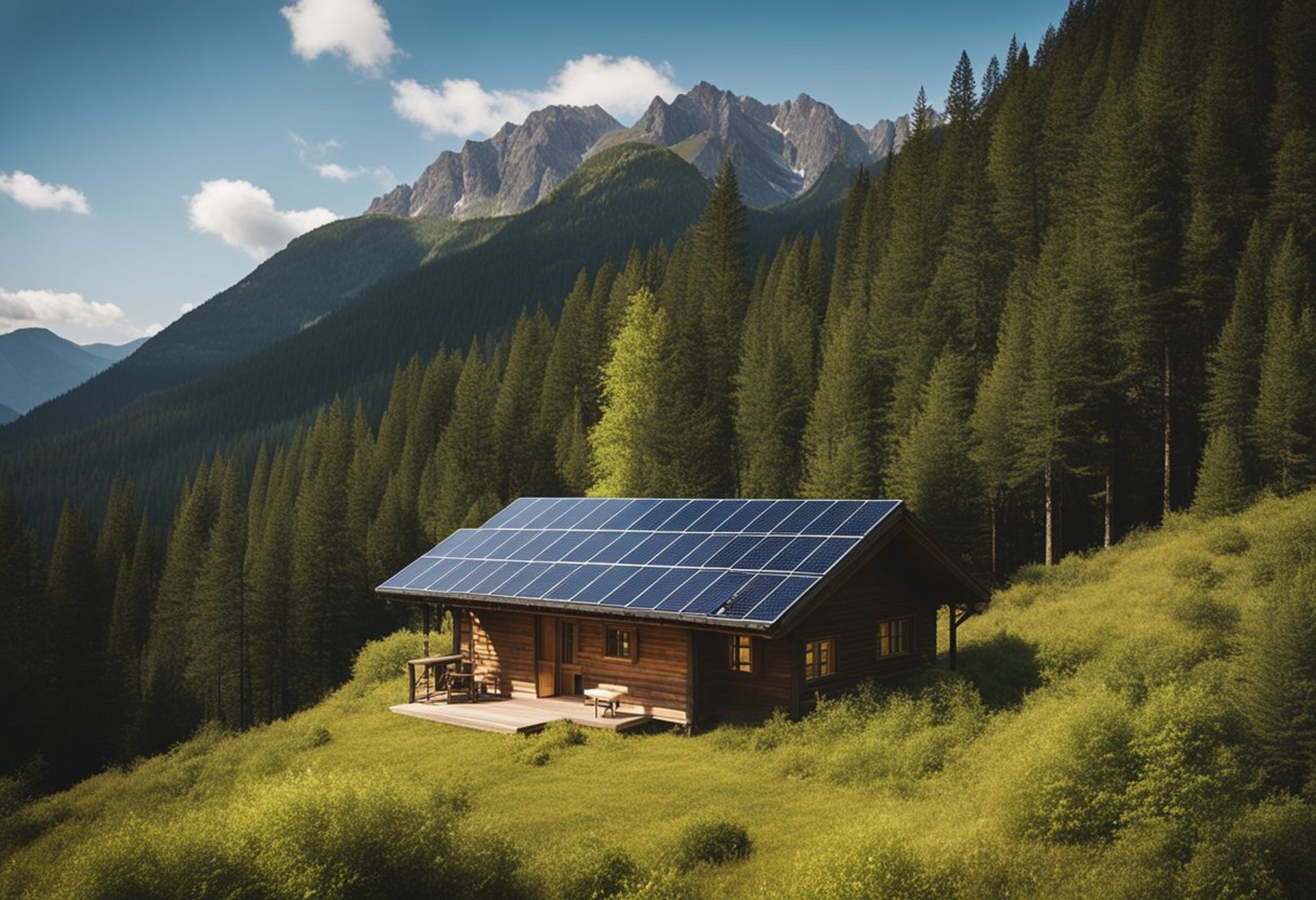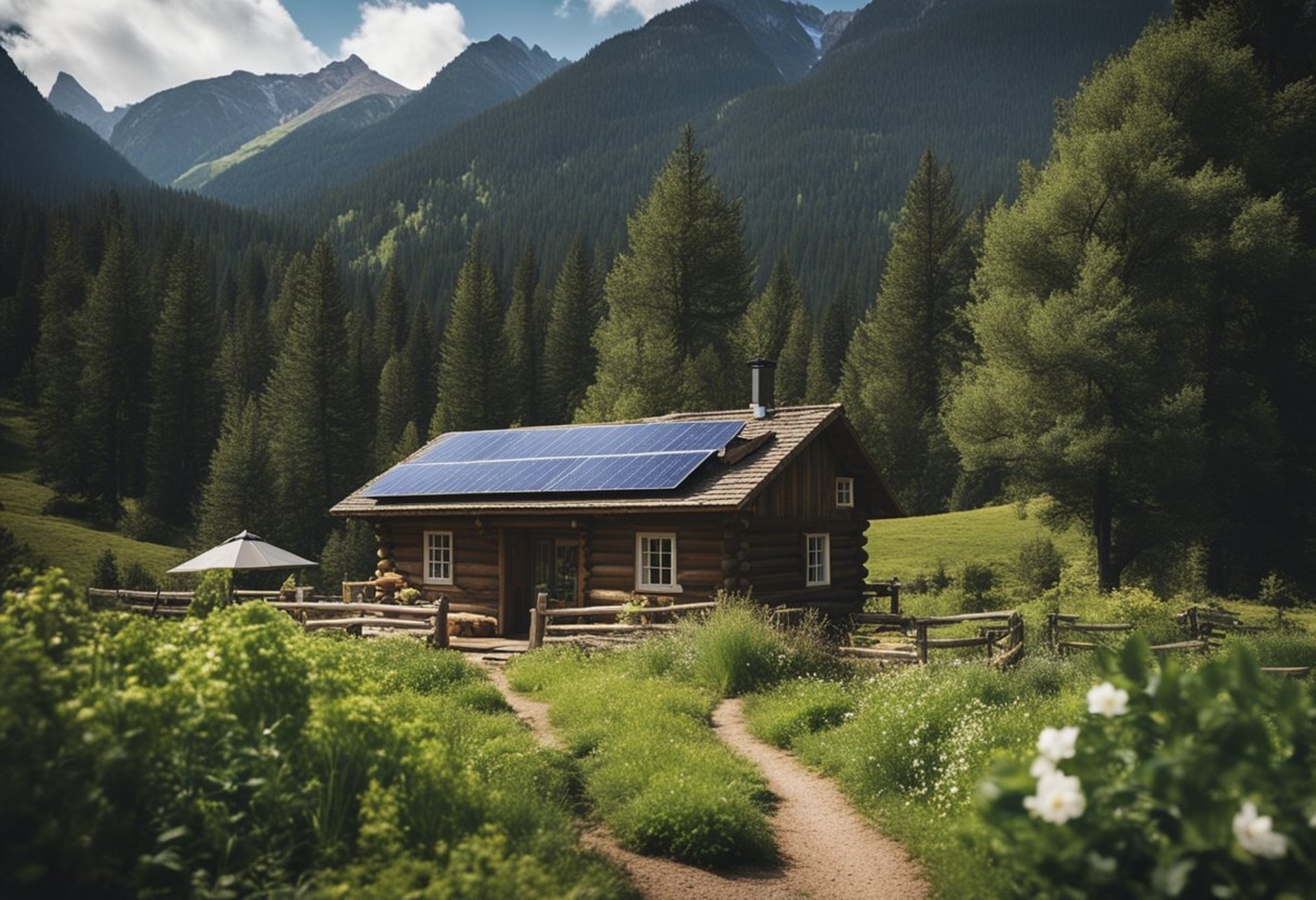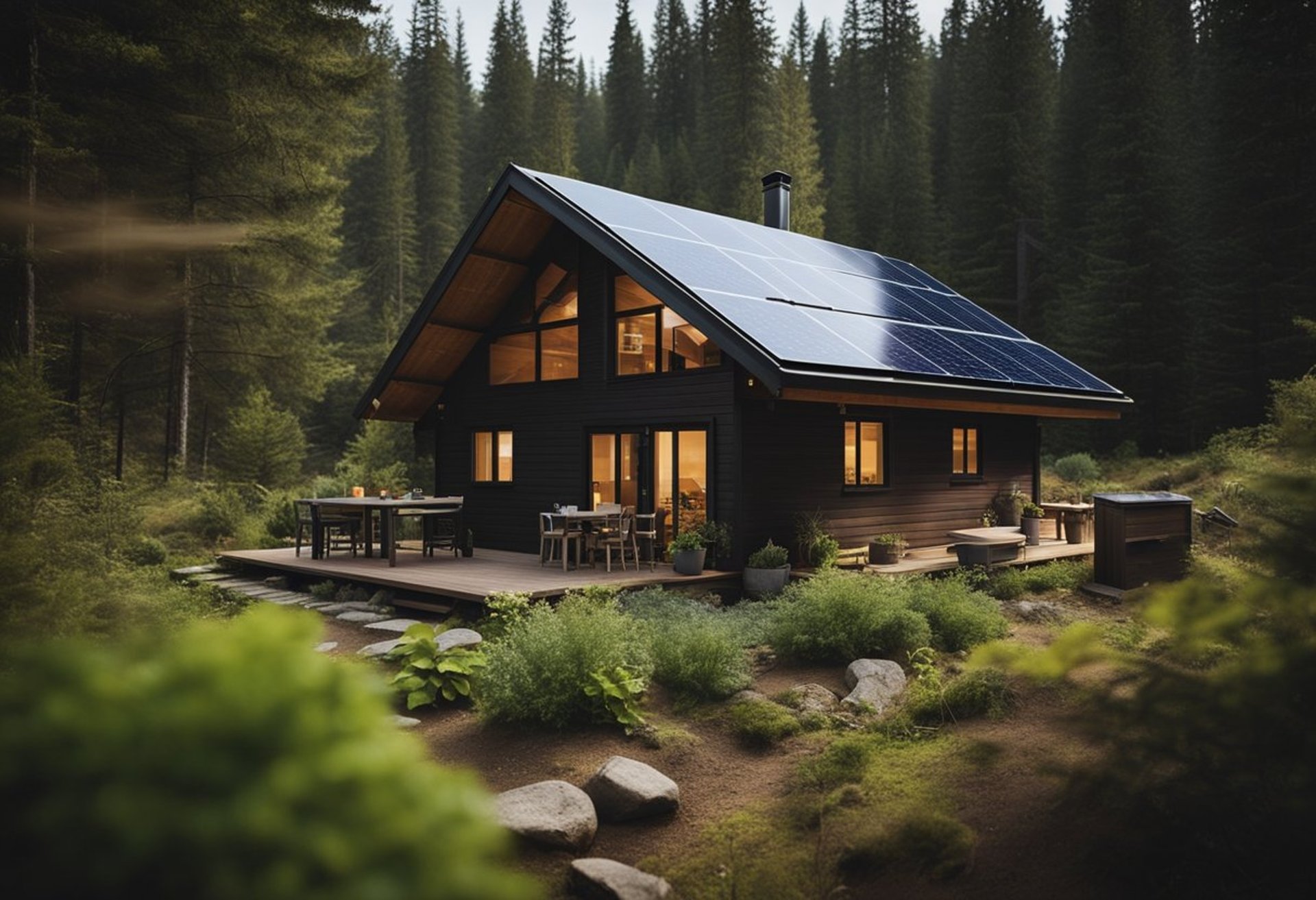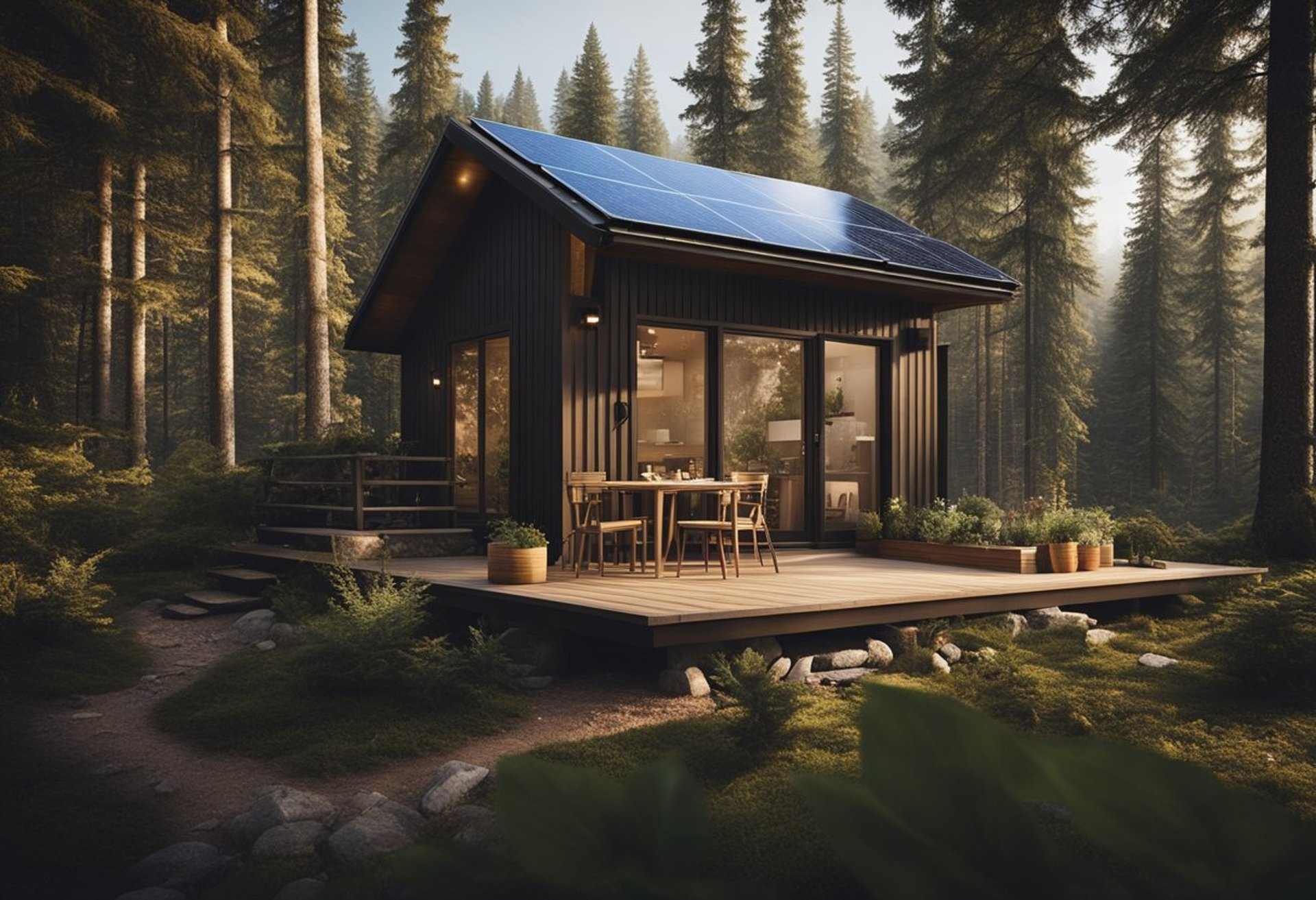9 Essential Tips for Off-Grid Living for Beginners
Off-grid living has gained popularity among those seeking independence and a sustainable lifestyle. For beginners, starting this journey involves understanding the basics of self-sufficiency and carefully planning the transition. With the right mindset and resources, anyone can successfully embrace a life away from conventional utilities.
9 Essential Tips for Off-Grid Living for Beginners: Things to Know
Embracing off-grid living can be an exhilarating journey toward self-sufficiency, sustainability, and a deeper connection with nature. If you’re considering making the leap, it’s important to equip yourself with the right knowledge and tools. Here are nine essential tips for beginners venturing into off-grid living.
1. Understand Your Needs
Before you start your off-grid adventure, assess your lifestyle and needs. Consider factors like how many people will live on your homestead, dietary preferences, and energy consumption. This assessment will guide your decisions about space, resources, and systems you'll need to implement.
2. Choose the Right Location
Location is crucial for successful off-grid living. Look for land with access to water sources, fertile soil for gardening, and ample sunlight for solar energy. Additionally, consider proximity to community resources, as being completely isolated can pose challenges for supplies and support.
3. Learn About Renewable Energy
Understanding renewable energy sources is essential. Solar power is the most popular choice, but wind and hydro options are also available depending on your location. Research the best systems for your needs, and consider starting small—like a few solar panels for lighting—before expanding.
4. Start a Garden
Growing your own food is one of the most rewarding aspects of off-grid living. Start a vegetable garden using raised beds or traditional plots, and learn about companion planting and crop rotation. Growing herbs and fruits can also enhance your diet while reducing grocery bills.
5. Implement Water Solutions
Access to clean water is critical. Consider installing a rainwater harvesting system to collect and store water, and learn about filtration methods for ensuring its safety. Depending on your land, a well may also be a viable option. Having reliable water sources will significantly ease your off-grid lifestyle.
6. Develop Cooking Skills
Without a reliance on electric appliances, you’ll need to adapt your cooking methods. Invest in a wood stove or outdoor grill, and learn how to cook using these tools. Canning and preserving food will also be valuable skills, allowing you to store excess harvests for the winter months.
7. Practice DIY Skills
Off-grid living often requires a variety of hands-on skills. Familiarize yourself with basic construction, plumbing, and electrical work. Learning how to repair or create your own systems will save money and give you greater control over your living environment.
8. Embrace Minimalism
Living off the grid often comes with limited space and resources, making minimalism a practical necessity. Declutter your possessions and focus on quality over quantity. This approach not only makes your living space more manageable but also fosters a mindset that values experiences over material goods.
9. Build a Support Network
While off-grid living promotes independence, it’s essential to have a support network. Connect with local communities, online forums, or off-grid groups. Sharing knowledge, resources, and experiences with others can provide valuable insights and help you navigate challenges.
Conclusion
Off-grid living can be incredibly rewarding, offering a lifestyle that prioritizes sustainability and self-sufficiency. By following these nine essential tips, beginners can prepare themselves for a successful transition. Embrace the learning curve, stay adaptable, and enjoy the journey toward a more intentional way of life!

